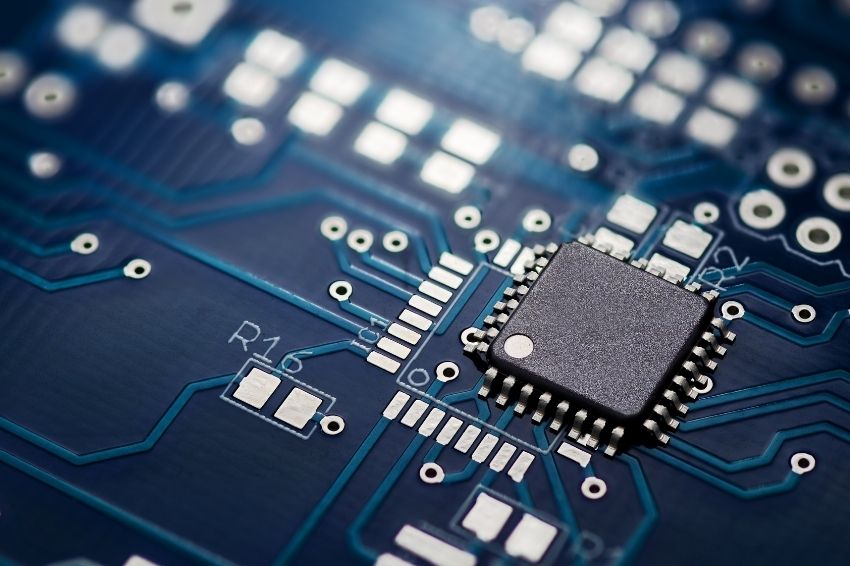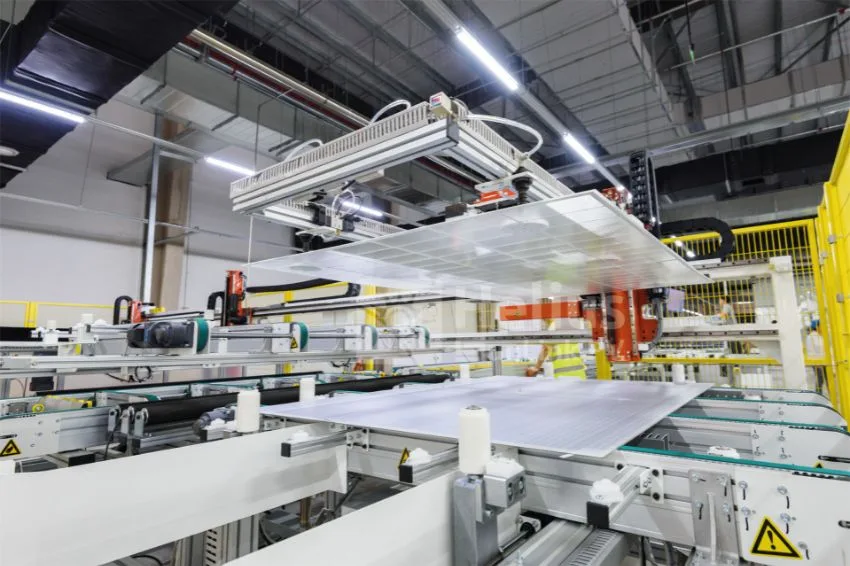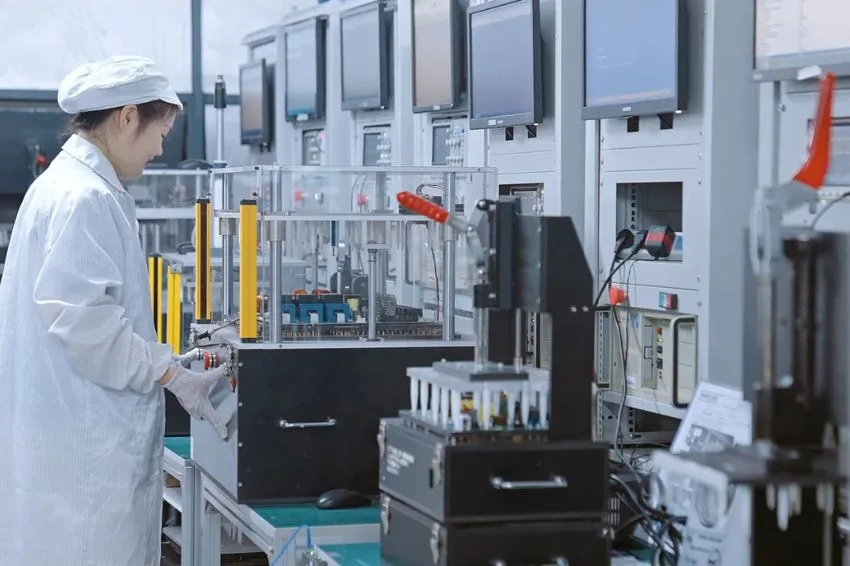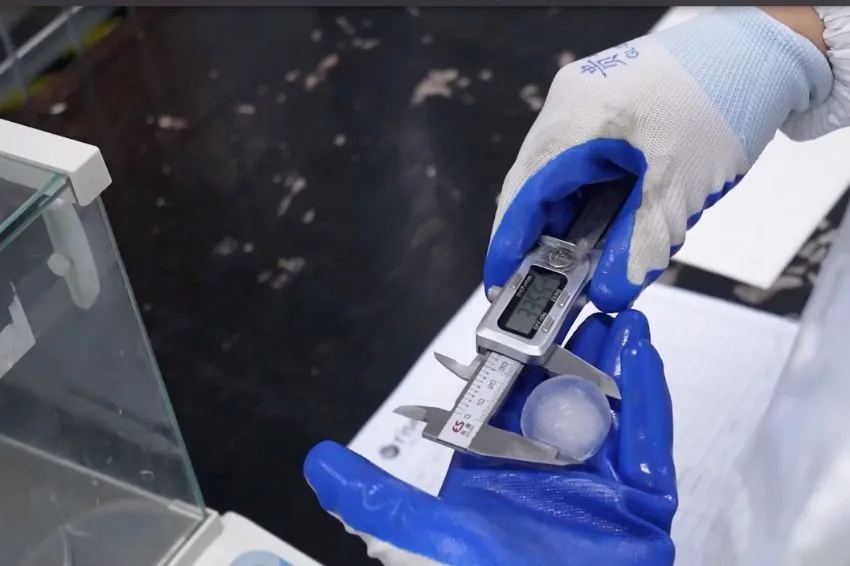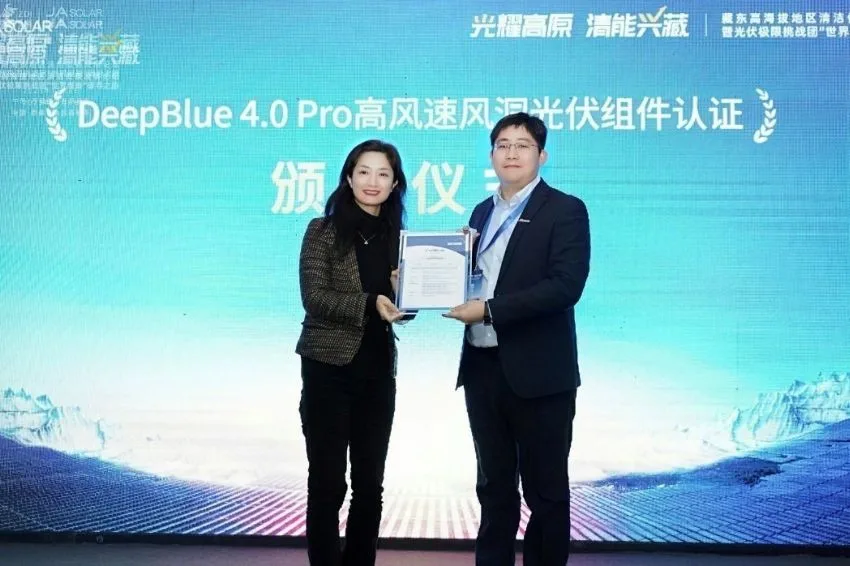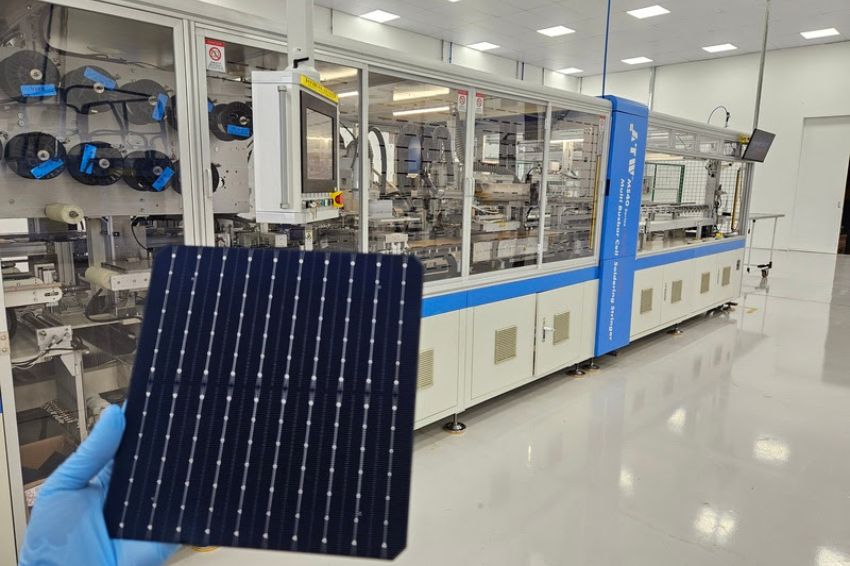The renewal of PADIS (Semiconductor Industry Technological Development Support Program) is extremely important for ongoing research to continue. The program was created in 2007 and may expire in January next year
This is the analysis of Adalberto Maluf, director of Marketing and Sustainability at BYD Brasil. For him, PADIS is one of the few Brazilian programs that encourage technological innovation, having already shown positive results in the sector.
Among the studies that are being promoted by initiatives like this is the recently launched partnership between BYD and CTI Renato Archer – whose objective is to develop photovoltaic solar cells with a perovskite layer, which are being made in Campinas (SP).
“Without PADIS, projects like these and others will end. In fact, it will bring risks to the survival and financial sustainability of factories here in Brazil. Since, currently, the product imported from China is subsidized by the government, as it does not pay any taxes, while the local manufacturer pays taxes and is obliged to carry out R&D”, he highlighted.
According to Maluf, the PADIS It is necessary to at least continue with the few incentives that exist for research and innovation.
Read more: Could the reduction in semiconductors affect the photovoltaic market?
Support for the semiconductor sector
The Science and Technology, Communication and IT Committee of the Chamber of Deputies approved, on November 24, the extension of the validity period for incentives through PADIS. O Bill No. 3042/2021 which provides for the extension has the support of MCTI (Ministry of Science, Technology and Innovations).
According to the Agency, due to the semiconductor crisis in the world, the product has become strategic for countries that manufacture this technology. “Companies that produce components in the country depend on incentives to maintain production. During the pandemic, the production of semiconductors was diverted to that of cell phone computers, which affected other industrial sectors such as the automotive sector”, said the MCTI in a note.
Read more: Lockdowns in Asia trigger shortage of passive components
Representative Vitor Lippi (PSDB/SP), one of the authors of the project, assessed the importance of maintaining incentives for the sector. “This is the segment of the economy that will grow the most in the coming years, it is the issue of semiconductors, chips, memory equipment. All of this makes it a global race today because it is an extremely strategic element.”
The parliamentarian asked the Committee for the measure to go directly to the Chamber Plenary, due to the urgency of the issue. “This legislation will cease to be valid in January, so we need to approve it now, this month and we are working with the Government, together with the leaders. We already have a request for it to go directly to the Plenary”.
Marcos Pontes, Minister of Science, Technology and Innovation, met in October this year with representatives of the country's semiconductor industry and parliamentarians to debate the issue. On the occasion, he highlighted that the ministry is open to help with whatever is necessary for PADIS to be extended.
After passing through the Chamber Plenary, the text will be sent for analysis in the Senate. If approved without changes, the measure goes to presidential sanction.


